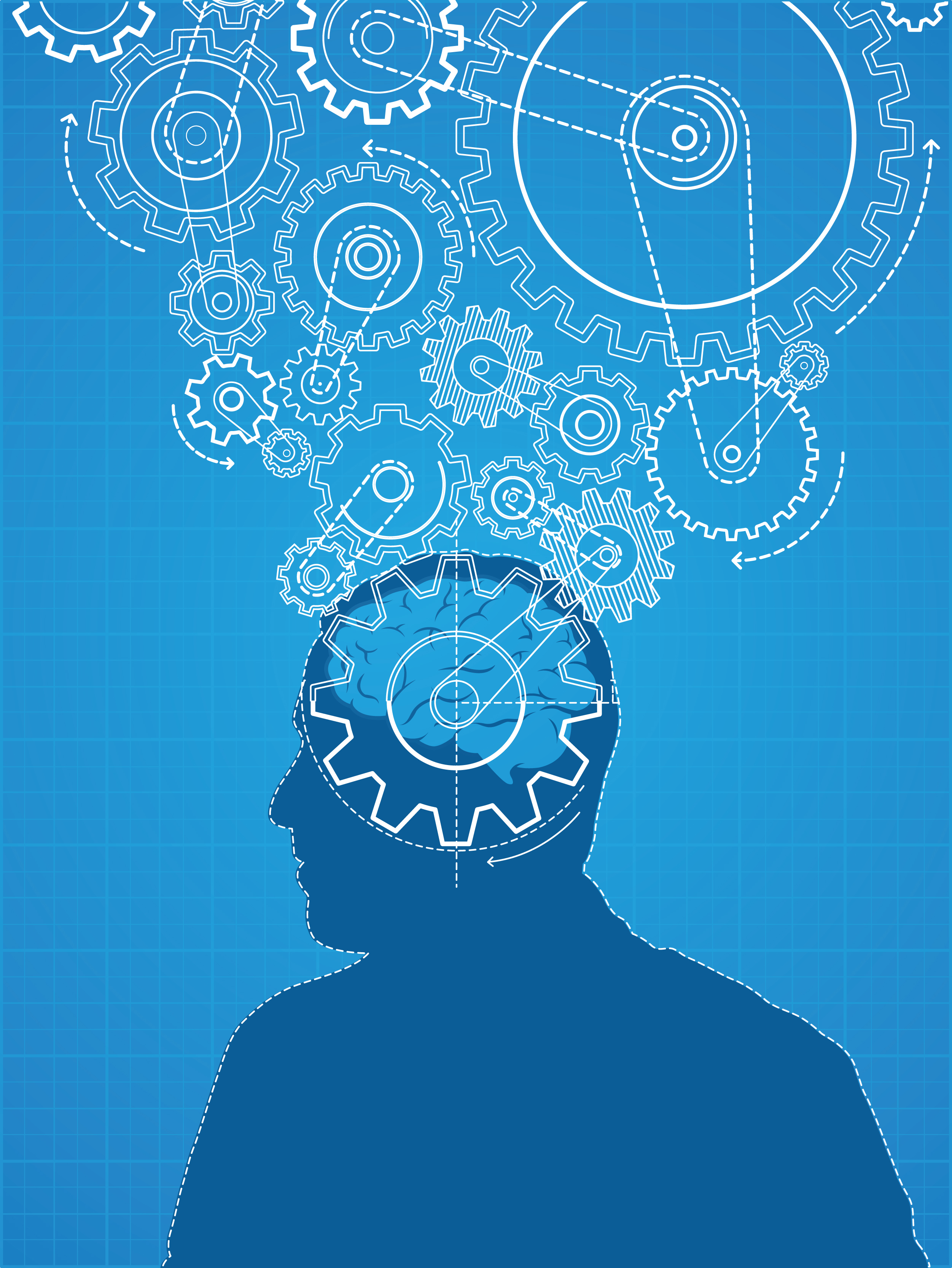A vast majority of planet Earth’s human population is taking – or will be taking – medication at some point in their life. Of the billions of children and adults taking medication, only a minute percentage have a precise idea of how well a medication is working. Most people trust their untrustworthy memory.
I have attached to this blog an editable medication diary that you can use to precisely determine the effectiveness of any kind of medication you are using.
This diary utilizes a simple and refreshingly objective format – using 1 to 10 scales – that many of my child clients have completed for themselves. Many children and adolescents like to feel like they are in control of their medication, and certainly let’s help your children – or you – feel like you are in the driver’s seat!!
This medication diary is currently customized to have columns to address emotional and behavioral “psychological vital signs”. However, this diary can be customized and you can change any columns you wish to, or consult your prescribing professional to review with them how this diary can be customized precisely to the medications you are taking.
The fact of the matter is, most people have to try out several different dosages of a medication, or must try several different medications before they find the magical alchemical formula that gives them the desired experience.
If you are taking multiple medications, you can discuss with your prescribing professional a way in which you can either measure the effects of a collective set of medications at once or take certain medications and assess the effects of those medications and then layering other medications on top of those.
Because finding the right medication requires you pay attention, on a daily basis, to particular and critical data, this medication diary is essential because you cannot trust your memory. If even eyewitness testimony has been found by behavioral scientists to be questionable, how can you trust your memory of how you think the medication is doing when you visit your practitioner every few months or even less frequently???!!!!
People spend, not uncommonly, thousands of dollars on medications each year and yet fields such as psychiatry still use what I consider to be archaic methods to track the effectiveness of medication.
***I have never once, with the clients I’ve worked with, had them report to me that they were keeping a medication diary to track effectiveness. Ouch!!!!
After working with over 1000 children and adults, I am astounded at how vague and confused people are when I asked them to what degree there medication is helping them.
I will give you a one sentence description of each column:
“Med Name” refers to the name of the medication.
“Dose/Freq” refers to the dosage and frequency of the dosage. As this changes over time you can then notate that and look across the sheet to recognize if any health vital signs are correlated with the change in dosage
“End date” indicates the end date of a certain medication.
“Reason for taking” indicates the specific focus of that medication.
“Sleep quality” is the one 1-10 scale you will complete when you wake up in the morning.
——–All of the following columns are completed at the end of the day ——–
“General Mood” refers to your general or typical mood across that day
“General Anxiety” refers to your general level of anxiety for that day
“Focus” refers to your level of focus for that day
“Productivity” refers to your level of productivity during that day
“Effectiveness” refers to your level of effectiveness for that day. You could also change this column title out for another title.
“Side Effects” refers to any side effects or odd feelings you experience after taking a certain medication.
Parents should make sure that they talk with their child nightly when a child is first taking that medication to ensure any changes in emotional or behavioral experience is noted down. Some of the biggest problems occur when side effects go unreported.
–Remember, each of these columns has a 1 to 10 scale so that as you collect data and as numbers go up across these variables you can tell whether the medication is generally helping or hurting.
— Remember, it is important to complete this kind of diary before you start taking a certain medication to establish what is called a baseline. Another way to test the effectiveness of a medication is to stop taking it for a period of time, of course under the advisement of your practitioner, and note were your numbers fall. You can even do this more than once to collect “test, retest” data.
Finally, remember that is not simply a matter of finding a medication that helps, but finding the medication that helps the most!!! Seek out doctors that can not only talk to you generally about medications, but who can explain the actual biochemical processes underlying the medications.
Put yourself in the driver seat by becoming a true scientist. After all, you are putting these foreign agents in your body, and you only have one body for your whole lifetime.


